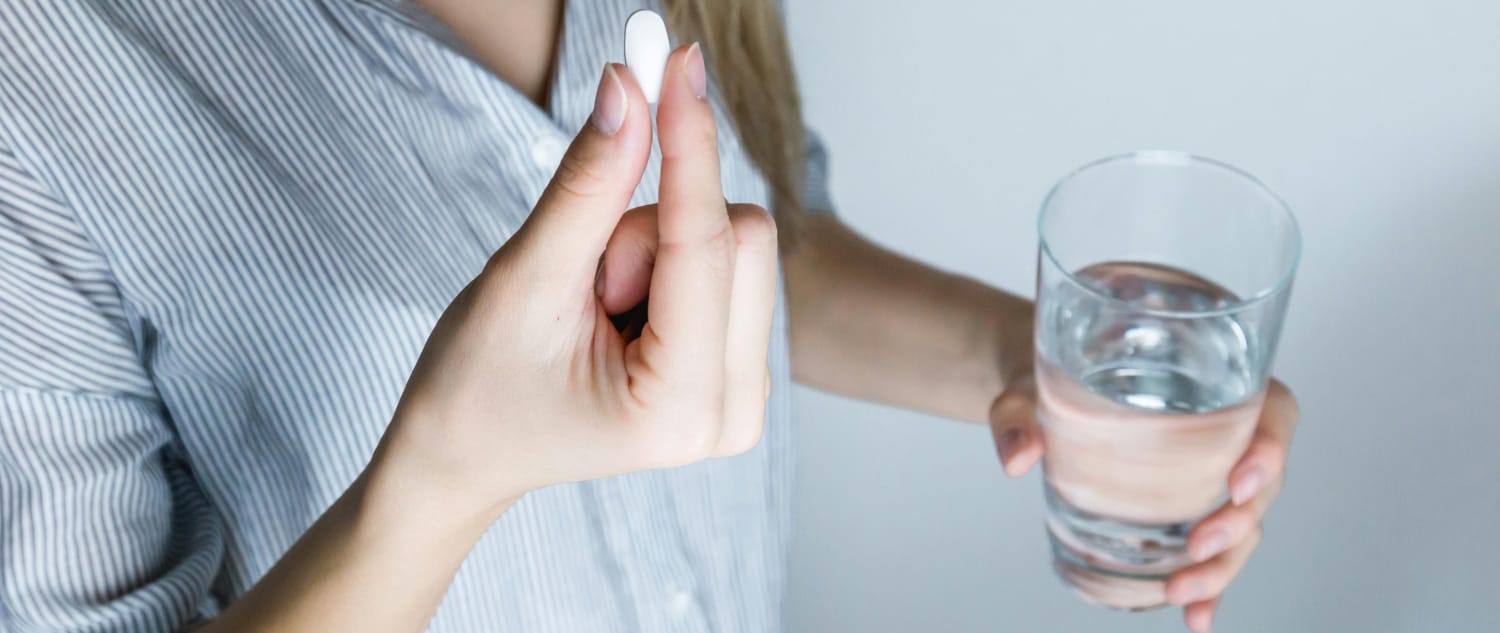Dry January—what a beautiful concept. A month where you decide to step back from alcohol, take stock, and maybe even think about making this break more permanent. But sometimes it’s harder than it seems. And it’s not just willpower. Alcohol is a powerful substance. It can get its hooks in deep without us even being aware. Some people know. They have considered it before, but this year, they want to give it a real try. So, we are going to cover medication for dry January.
We will dive into both natural ways to care for your body and mind as you quit drinking and some of the medications that might be needed to stay on track.
Stop Drinking: Medication for Dry January
The moment you stop drinking, your body gets to work on repairing itself, and it’s a miracle to watch, though not always a smooth one. Your brain chemistry is adjusting, your body is clearing out toxins, and it can feel a bit rocky.
The symptoms—irritability, sleepless nights, cravings—are all normal. But before we talk medication for Dry January, let’s look at a few holistic, down-to-earth ways to help your system along:
- Hydration: Alcohol dehydrates you, so water is vital. Keep drinking and flushing those toxins out.
- Exercise: It doesn’t need to be intense. Even a walk can lift your mood and boost energy by releasing endorphins, balancing out the sluggishness you might feel.
- Good Nutrition: Reach for foods packed with vitamins and minerals—leafy greens, whole grains, lean proteins. Alcohol strips your body of nutrients, and your system is ready for a refill.
- Mindfulness Practices: Whether it’s yoga, meditation, or just taking a few deep breaths, this is your tool for quieting the noise and keeping anxiety and cravings in check.
- Sleep: Sleep may be elusive at first. Your body is used to using alcohol as a sleep aid (which might get you to sleep quickly but will keep you from deeper rest). Set a routine, avoid caffeine, and give yourself some grace if sleep patterns take time to settle.
Medication-Assisted Treatment (MAT): A Smarter Way to Approach Sobriety
If cravings or withdrawal are throwing you off balance, and you don’t think you can make it the whole month (maybe not even a couple of days), it might be time to think about Medication-Assisted Treatment (MAT). It’s a well-researched, effective way to manage alcohol addiction, combining medication with therapy or counseling to help with both the physical and emotional aspects of recovery.
Here’s what makes Medication for Dry January such a game-changer:
- Supervised by a Doctor: The medications are prescribed and monitored by a qualified doctor who ensures they’re used safely and effectively. It’s not guesswork, and you don’t have to do this alone.
- More than Just Medication: Yes, the medication helps, but it’s the therapy that digs into the why behind the drinking. It addresses those deeper emotional and psychological threads, giving you a solid foundation for lasting sobriety.
- Flexibility: Outpatient programs offering MAT mean you can get this support while still living your life—working, caring for your family, or going to school. You’re not uprooting everything; you’re getting the help you need to integrate into your day-to-day.
Medications for Alcohol Addiction: Extra Help When You Need It
So, you want to know what medications exist for dry January? With the above caveats, here is the MAT to help you make it through Dry January into full sobriety. And remember, recognizing you might need medication to help stop alcohol addiction is not a sign of weakness. It’s smart, it’s practical, and it can make all the difference.
- Naltrexone: This one helps by reducing the “reward” your brain feels from alcohol, making it easier to resist that next drink. It quiets the cravings, which can feel like a huge relief.
- Acamprosate (Campral): Your brain’s chemistry takes a hit with long-term alcohol use. Acamprosate helps restore balance, reducing both cravings and withdrawal symptoms.
- Disulfiram (Antabuse): This medication doesn’t mess around. It causes an unpleasant reaction—nausea, headache—if you drink. For some people, that’s the kind of extra motivation they need to keep alcohol out of their system.
- Benzodiazepines: These are used during the early days of withdrawal, especially if severe symptoms like seizures or extreme anxiety are on the horizon. It’s usually short-term but essential for making the detox process safer.
Finding the Help You Deserve
If one month free of alcohol is looking like it might be more than you are ready for, and you think you might need medication for Dry January, don’t brush that off. You might be in a little deeper than you thought. The key is being brave enough to admit it.
Help is out there, and Medication-Assisted Treatment might be your best bet. Reach out to our team at Peninsula Health Center, ask questions, and explore your options. You don’t have to navigate this alone, and you absolutely deserve the support that’s available to you.
Give us a call today and take that next step toward a healthier, more balanced life. Your future self will thank you. Call now: 866-934-8228.






